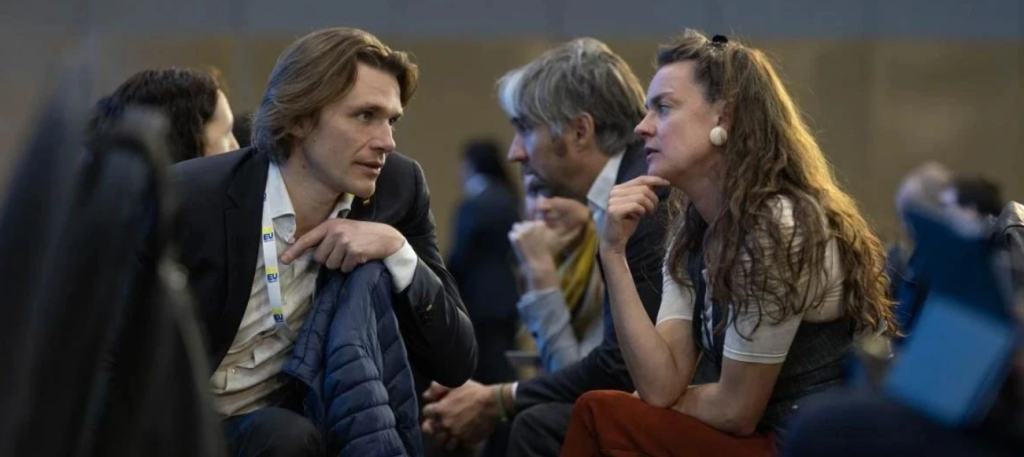November 26, 2024 – With Just a Week Left to Secure New Global Plastic Pollution Agreement, INC-5 Kicks Off in South Korea
As the countdown to November 25, 2025, looms large, marking the deadline for nations to forge a new international pact on plastic pollution, the fifth session of the Intergovernmental Negotiating Committee (INC-5) has commenced in South Korea, capturing worldwide attention. On the opening day, South Korea’s Environment Minister, Kim Wan-yeop, issued a powerful call to action: “We must end plastic pollution before it ends us!” His resounding statement swiftly resonated throughout the venue.

As the conference progressed, INC President Luis Vayas Valdivieso expressed optimism that an agreement to terminate plastic pollution could indeed be reached during this meeting. He urged delegates from around the world to demonstrate “unwavering commitment, steadfast effort, and bold political will” in their collective endeavor to safeguard the planet’s future. In a video address, South Korean President Yoon Suk-yeol echoed the importance of unity and political will, calling for a comprehensive, effective, and implementable agreement that spans the entire lifecycle of plastics.
The atmosphere at the conference was not only tense but also imbued with an urgent desire to tackle plastic pollution. UN Environment Programme Executive Director Inger Andersen reminded participants that it had been a full 1,000 days since the UN Environment Assembly adopted Resolution 5/14 on ending plastic pollution. She urged countries to swiftly agree on clauses with high consensus and use this resolution as a “guiding beacon” to navigate complex discussions encompassing plastic products, chemicals, supply chains, and financing.
However, controversy erupted early on over the foundational text for negotiations. Some country representatives objected to using the previously circulated “Informal President’s Text” as a basis for discussion, arguing that it inadequately reflected member states’ inputs. They called for a revision to better incorporate submitted suggestions. In response, INC President Vayas emphasized that the informal text served as a starting point and remained open, without预设ing any member state positions. He assured delegates that they could propose additional supplements in discussion groups to refine the text collaboratively.
Amid the tense yet orderly ambiance, two contact groups dove into intensive discussions that evening. Contact Group 2 focused on critical issues such as plastic waste management, emissions and releases, existing plastic pollution, and just transition. Meanwhile, Contact Group 4 delved deeply into implementation and compliance, national plans, reporting, progress monitoring, and effectiveness evaluation. Delegates sparred over core questions surrounding plastic lifecycle management, with争议persisting, yet the shared urgency to combat the plastic pollution threat grew ever stronger.
For the next seven days, the world will watch intently as this pivotal conference unfolds. The potential agreement, marking a milestone in plastic pollution governance, will not only test the international community’s cooperation capabilities but also its resolve in the face of environmental crises. As Minister Kim Wan-yeop aptly stated, “Ending plastic pollution is an unavoidable mission for our generation.”














